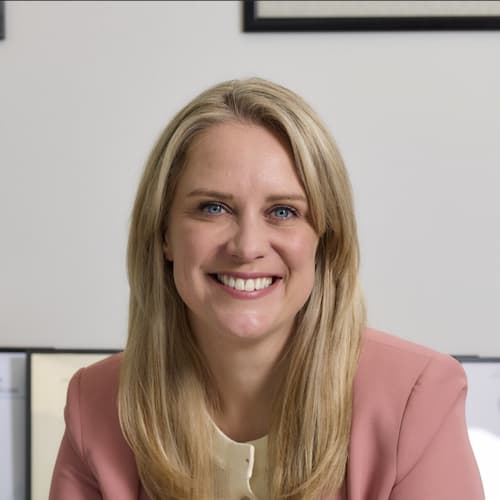

(Updated May 2025)
When business owners decide to close a solvent company, they want to do so in the most efficient and financially beneficial way possible. A Members Voluntary Liquidation (MVL) is a formal process that allows directors and shareholders to close their company in a structured manner while benefiting from potential tax advantages. Unlike insolvency procedures, an MVL is only available to companies that are financially healthy and capable of settling all outstanding debts within 12 months.
An MVL is a legal process used to close a solvent business in a tax-efficient way. It is typically chosen by business owners who no longer need their company, whether due to retirement, restructuring, or the completion of a specific project. The process involves appointing a licensed insolvency practitioner who ensures that assets are distributed to shareholders and outstanding liabilities are settled.
This method is particularly beneficial for companies with substantial retained profits, as it allows for distributions to be taxed as capital gains rather than income, which can result in significant savings under Entrepreneurs’ Relief (now known as Business Asset Disposal Relief).
An MVL is an ideal solution for:
If a company has accumulated significant retained profits, an MVL can provide a much more advantageous exit strategy compared to simply withdrawing funds as dividends, which are subject to higher income tax rates.
While an MVL offers significant benefits, there are key considerations:
For solvent companies looking to close in a financially strategic way, an MVL provides a structured and tax-efficient exit route. By ensuring that distributions are treated as capital gains rather than income, business owners can significantly reduce their tax burden while closing their company in an orderly manner. Seeking professional advice is essential to ensure the process is handled correctly and all financial benefits are maximised.
Q: How long does an MVL take?
A: The process typically takes between 6 to 12 months, depending on the complexity of the company’s financial affairs and the efficiency of asset distribution.
Q: Can all shareholders benefit from Business Asset Disposal Relief?
A: Not necessarily. Shareholders must meet specific conditions, including holding at least 5% of shares for a minimum of two years before liquidation.
Q: What happens if undisclosed liabilities arise after the MVL is completed?
A: This is why a declaration of solvency is critical. If unknown liabilities emerge after the company is dissolved, directors may be held accountable. Ensuring all obligations are settled before finalising the MVL is essential.

I am Molly Monks, a licensed insolvency practitioner at Parker Walsh. I have over 20 years of experience helping directors with the financial struggles they may face. I understand that it can be overwhelming and stressful, so I offer practical straightforward advice, which is also free and confidential. I spend time with directors to get a good understanding of their business and their goals, therefore providing the best tailored advice possible.
Email: molly@parkerwalsh.co.uk
Phone: 0161 546 8143
WhatsApp: 07822 012199
